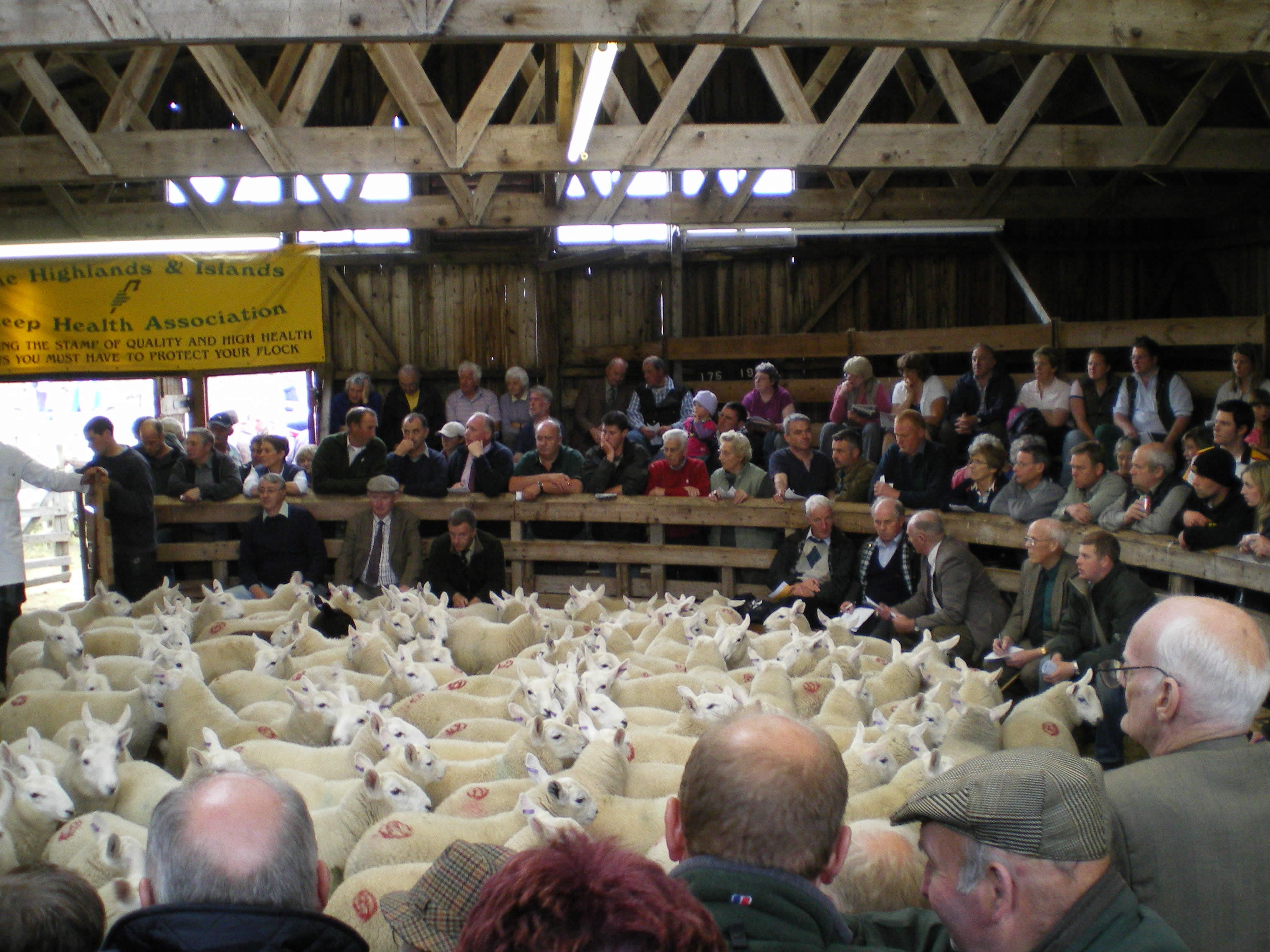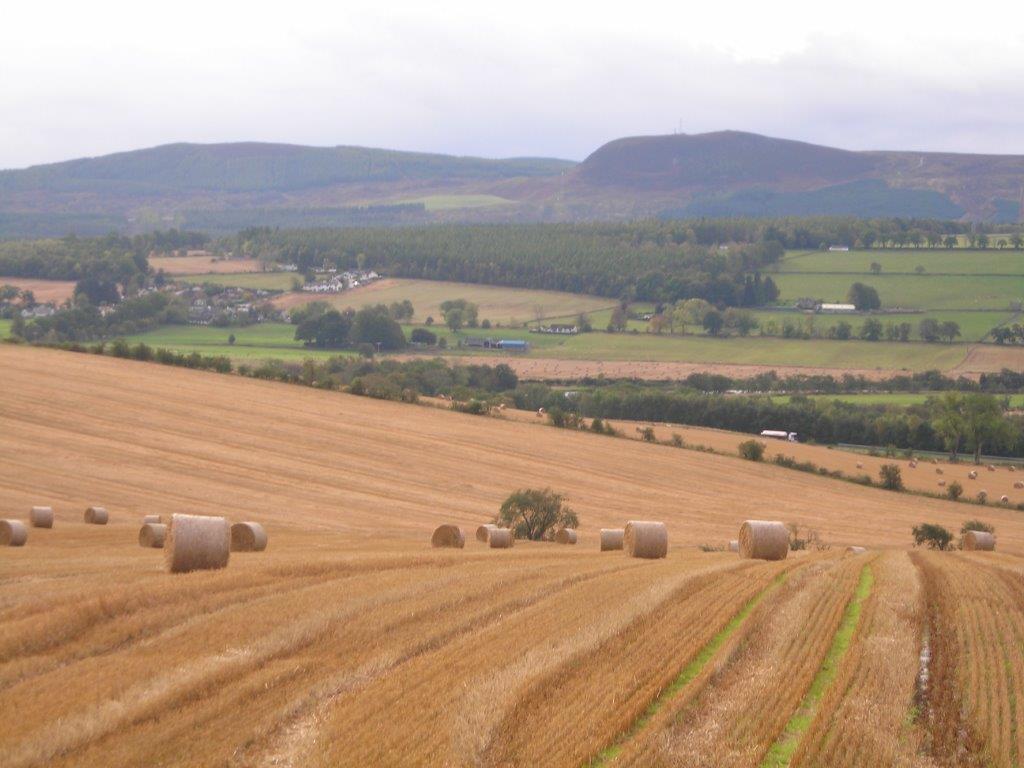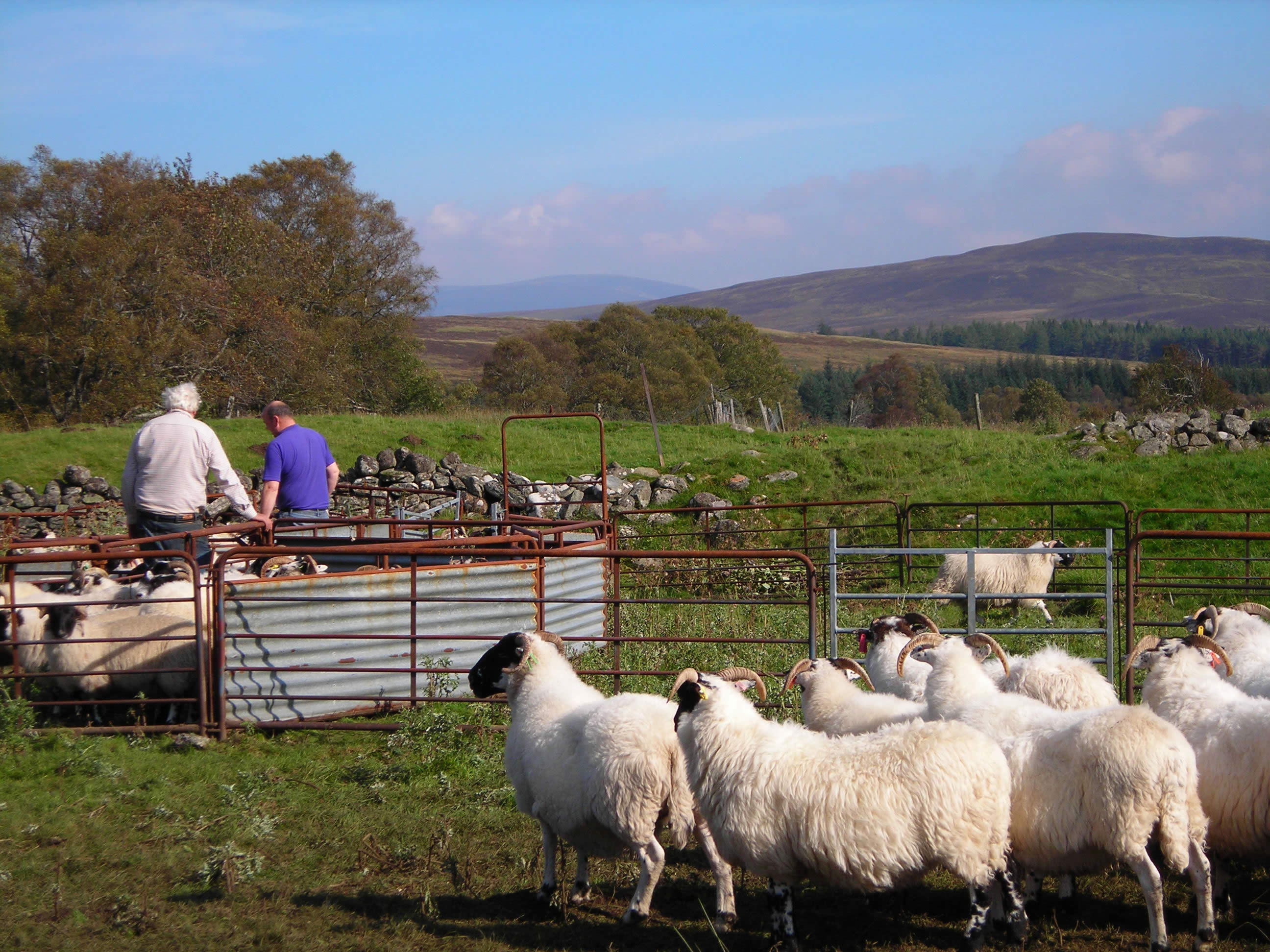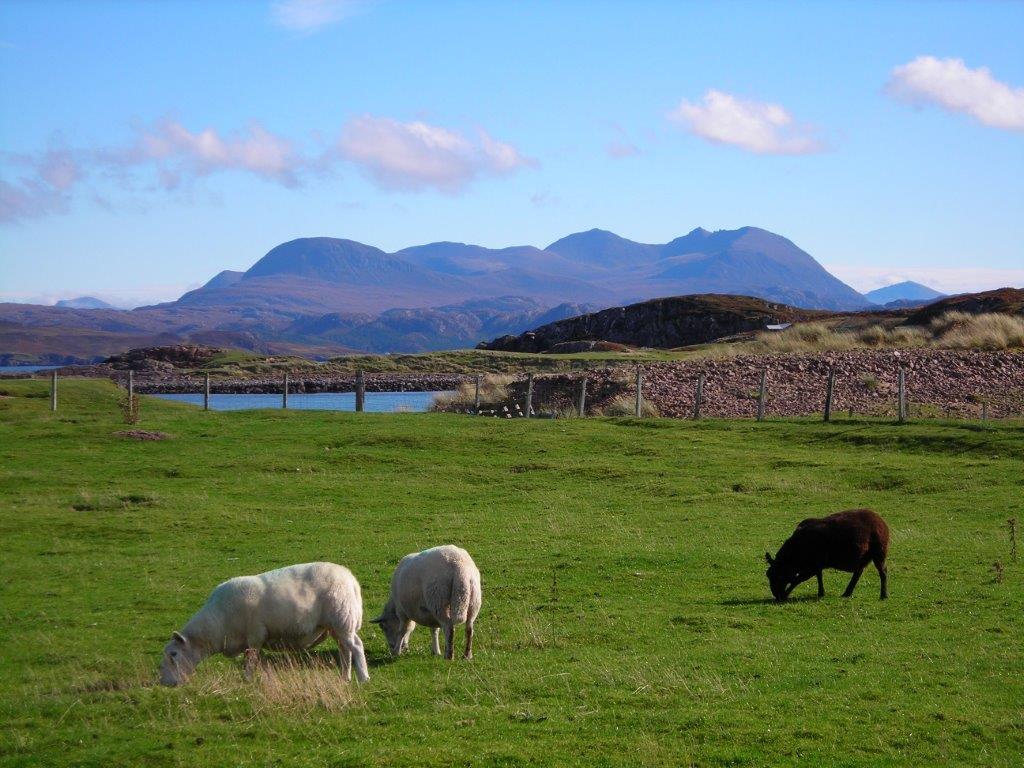Aug
14
2017
Press Release
14 August 2017
Time to be proactive in winning markets, livestock representatives urge Government
Brexit presents a tremendous opportunity for the UK livestock sector, but Government needs to start acting now to help achieve progress in winning new markets around the world and retaining existing markets, according to the UK Livestock Brexit Group.
While the livestock sector, alongside its levy bodies and Government departments, as well as the poultry sector, has commenced the important process of finding new markets since the referendum, the UK and devolved Governments have a necessary and critical role in helping to support and accelerate the long hard work required.
That is the message from UK Livestock Brexit Group chairman, Chris Dodds of the Livestock Auctioneers Association. Only effective action by Government can open some doors for new markets overseas, with the rules set by other countries.
The UK Livestock Brexit Group is urging Government to engage now with livestock farming sector organisations to put in place a strategic framework for the future of the industry with high standards at home and energetic promotion abroad.
“The UK is a high-quality producer of premium meat products, with traceability, good health and welfare and food safety among the key attributes of the UK livestock supply chain. We need to champion Great British produce and make sure that trade deals enable our producers to maintain high standards,” says Mr Dodds.
The UK Livestock Brexit Group believes if high UK standards are to see a premium price, Government should emphasise the provenance of UK produce and its existing high standards in trade promotion. That will help to replace imports at home, as work progresses to ensure standards are not undermined through those imports that do enter the market.
It is also essential for individual Governments to work closely together, thereby ensuring a unified approach to negotiations and trade deals.
Mr Dodds adds, “While the group’s view is that maintaining access to the EU market should remain the priority, we have also opened up export markets that many British consumers may not even realise exist. Products such as chicken feet and pig’s trotters have limited demand from the UK consumer, but there is good demand for these, along with prime meat products, in new Asian markets, adding value for UK producers.
“This is the ethos of successful trade relationships, but it is best done in close alliance with Government, since winning these markets takes hard, sustained work, involving Government.”
Recognising there is much to do, and much to clarify, the group believes now is the time for the Government to take a proactive stance.
“We know it takes time and commitment. Livestock production and trade is a long-term, complicated and technical subject. We are pleased that ministers have now been talking about transition periods, giving the time needed for the work to be done. Countries don’t take short cuts with food; why would they? But it means this takes time, and to be ready with markets after Brexit we need to be working hard now,” continues Mr Dodds.
“As a group of independent dedicated livestock organisations, we offer unrivalled knowledge, understanding and representation of the entire UK livestock industry. We want to work with Government to assist in the development of a dynamic industry for future generations and the UK economy.”
As the largest and most progressive group across the sector, the UK Livestock Brexit Group was formed in August 2016 and now includes representation from 21 of the leading bodies with livestock interests across England, Scotland and Wales.
ENDS
Notes to editors
About the UK Livestock Brexit Group
The UK Livestock Brexit Group was formed in August 2016 as a collaborative group of key stakeholders from the livestock sector across England, Wales and Scotland to help positively support the UK and devolved Governments to plan a route forward for farming after Brexit.
The collaboration of the livestock farming industry organisations, working as The UK Livestock Brexit Group, brings together specialist knowledge and industry representation to consider the potential consequences and implications of the many decisions in the Brexit process for the livestock industry, and offers support and help to the Governments and their administrations.
The group has grown to include representation from 21 of the leading trade organisations
Livestock Auctioneers Association (LAA), National Sheep Association (NSA), National Beef Association (NBA), British Poultry Council (BPC), Tenant Farmers Association (TFA), National Pig Association (NPA), Royal Association of British Dairy Farmers (RABDF), Association of Independent Meat Suppliers (AIMS), Tenant Farmers Association Cymru (TFA Cymru), Institute of Auctioneers and Appraisers in Scotland (IAAS), Scottish Tenant Farmers Association (STFA), National Farmers Union (NFU), National Farmers Union Scotland (NFU Scotland), National Farmers Union Cymru (NFU Cymru), Country Land and Business Association (CLA), The Central Association of Agricultural Valuers (CAAV), British Meat Processors Association (BMPA), Scottish Association of Meat Wholesalers (SAMW), Scottish Beef Association (SBA), British Pig Association (BPA), Farmers’ Union of Wales (FUW).
For further information please contact:
Chris Dodds, appointed group chairman
UK Livestock Brexit Group
016974 75433 / 07885 731502
Chris.dodds@laa.co.uk
Stuart Booker, account manager
Kendalls
02476 992360
stuart.booker@kendallscom.co.uk
By tfadmin •
Uncategorized •








